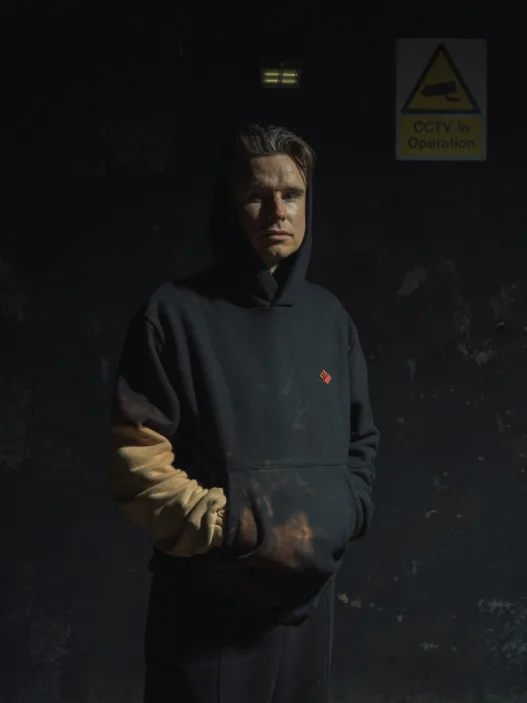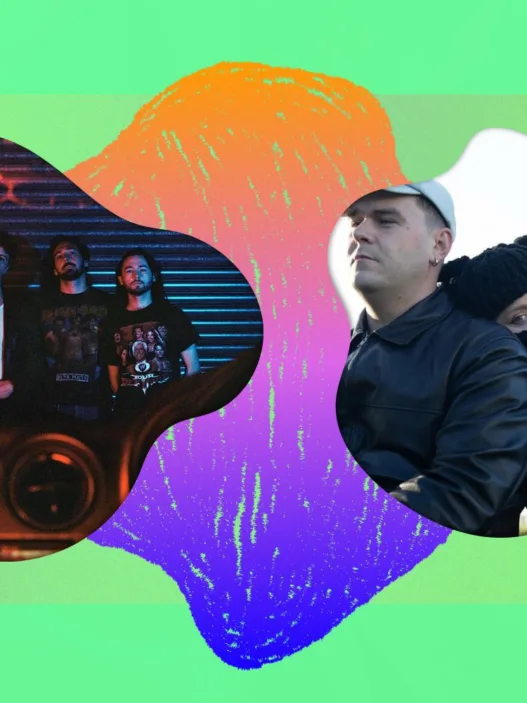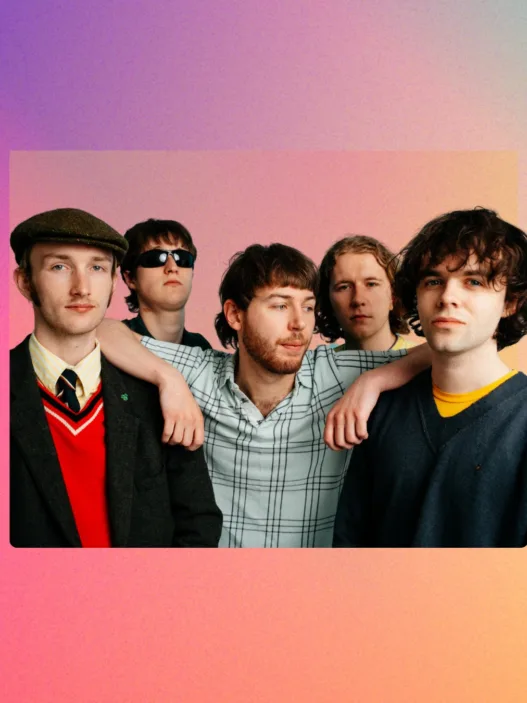Fans of Aphex Twin, Autechre, Seefeel, WARP Records and the ambient-techno/electronica scene of the 90s will want to put some time aside to check out an epic new 8 hour DJ mix that explores these sounds in exquisite detail through “an extended odyssey through 1990s Electronic Listening Music.”
Described in an interview on the project’s extensive website as “a personal tribute to the artists that soundtracked my youth and an attempt to construct a suitably reverent and cohesive showcase of the sound as a whole,” The Deep Ark features a whopping 167 tracks of anthems, obscurities and deep cuts from the era, all (according to music writer Philip Sherburne) “…beautifully stitched together — (with) beat matched transitions, carefully extended segues, intuitive blends… the kind of thing you just fall into and revel in”.
In fact, there is such an unusual level of detail in the mix that critic Simon Reynolds describes it as “more like a remixtape than a selection of tracks segueing seamlessly one after the other… …(with) moving parts rejiggered, tempos tinkered, keys tweaked–before being jigsawed back into perfectly annealed alignment.”
As if that isn’t enough, the mix is accompanied by a 238 page full colour book, endorsed by counterculture icon Erik Davis, and featuring prose, poetry, photos and illustrations, like a “technicolour atlas, a shamanistic guidebook, an augmented mixtape, a multimedia experience, a natural high… primary experience mediated through photography and lyrical songs, evocative poems and secular hymns, emotional outbursts, cosmic wonder and everyday dirt.’
This seems like something really special, and though the identity of the Deep Ark’s creator is unknown, judging by some of the content of the book, it seems there may be some Irish connection…
You will hear tracks from Autechre, μ-Ziq, Future Sound Of London, Aphex Twin, Cylob, The Sabres Of Paradise, Seefeel, Gescom, Sunken Foal, Bochum Welt an many more.
You can listen to the mix on YouTube or download an MP3 from the website. Open the Deep Ark and get lost.
Exploring the parameter space: A conversation with Autechre











